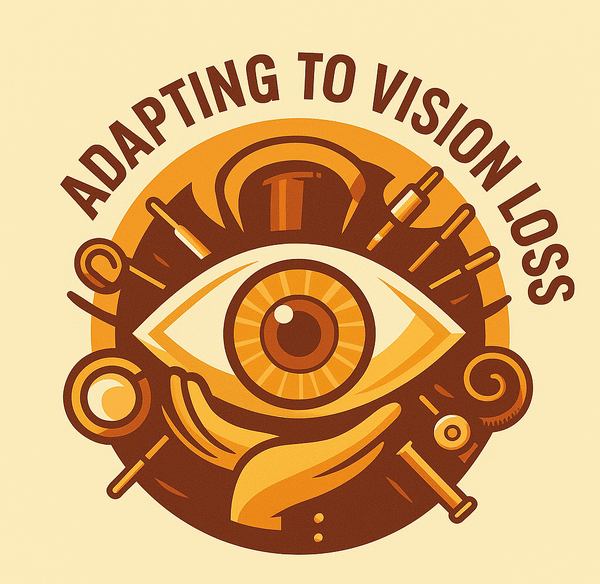Your eyes work hard every day—and what you eat can have a powerful impact on how well they perform over time. Nutrition plays a key role in supporting vision and reducing the risk of eye diseases like macular degeneration, cataracts, and dry eye syndrome.
Eye-Healthy Nutrients
Some of the most important nutrients for your eyes include:
- Vitamin A – Supports night vision and overall eye health.
- Vitamin C & E – Antioxidants that protect against cell damage.
- Lutein & Zeaxanthin – Found in leafy greens; these filter harmful light.
- Omega-3s – Reduce inflammation and help prevent dry eyes.
- Zinc – Helps transport vitamin A to the retina and protect eye tissue.
Foods That Support Vision
Incorporating a few key foods into your daily diet can make a real difference:
- Colorful fruits and vegetables like carrots, oranges, spinach, and bell peppers
- Fatty fish like salmon or sardines, rich in omega-3s
- Nuts and seeds like almonds and sunflower seeds
- Eggs, which contain both lutein and zinc
- Whole grains such as brown rice and oatmeal for a steady nutrient boost
Small Habits That Add Up
Hydration is often overlooked but essential. Drinking enough water keeps your eyes lubricated. Limiting alcohol, avoiding smoking, wearing UV-protective sunglasses, and exercising regularly all contribute to healthier eyes.
Eating well isn’t just good for your body—it’s a long-term investment in your vision.
Our eyes rely on more than just glasses or magnifiers—they rely on good nutrition, too. Over time, I’ve learned that what we eat can directly affect how well we see, especially as we get older or start dealing with conditions like macular degeneration, cataracts, or dry eyes.
Nutrients like vitamin A (think carrots and sweet potatoes), vitamin C (from oranges and bell peppers), and omega-3s (found in salmon and walnuts) all play an important role in eye function. Antioxidants such as lutein and zeaxanthin, often found in dark leafy greens, can even help filter harmful light and reduce long-term damage.
Even staying hydrated and limiting things like smoking or excessive alcohol makes a difference. Protecting your eyes isn’t just about what you use—it’s also about what you choose to eat, drink, and do every day.
This is one of those changes we can make starting with the next meal.
